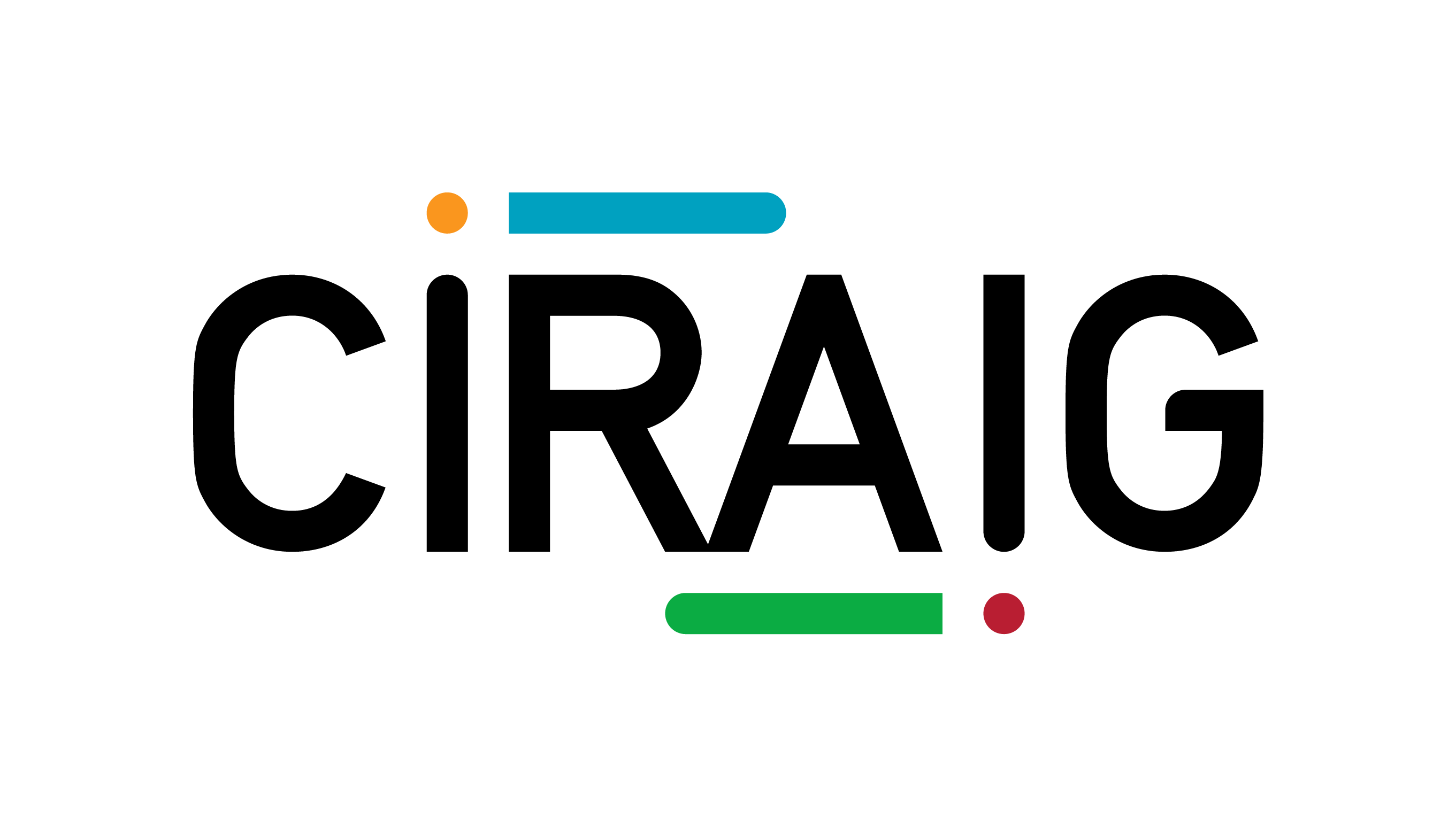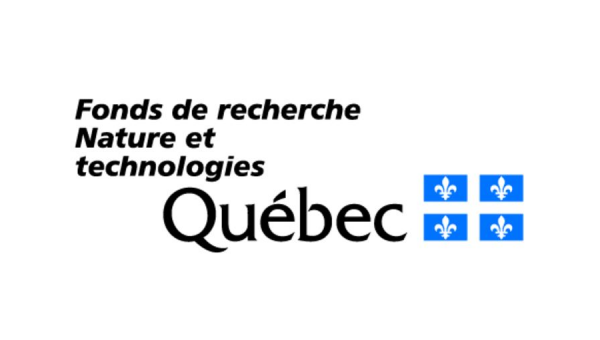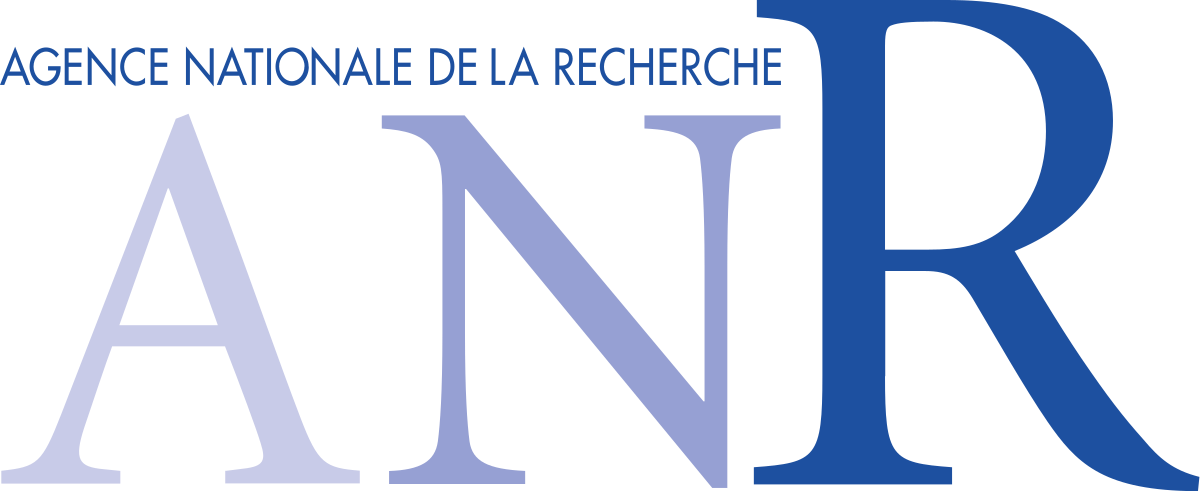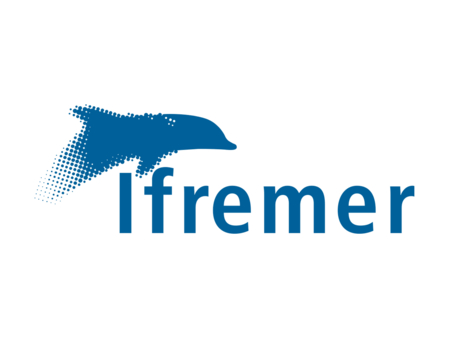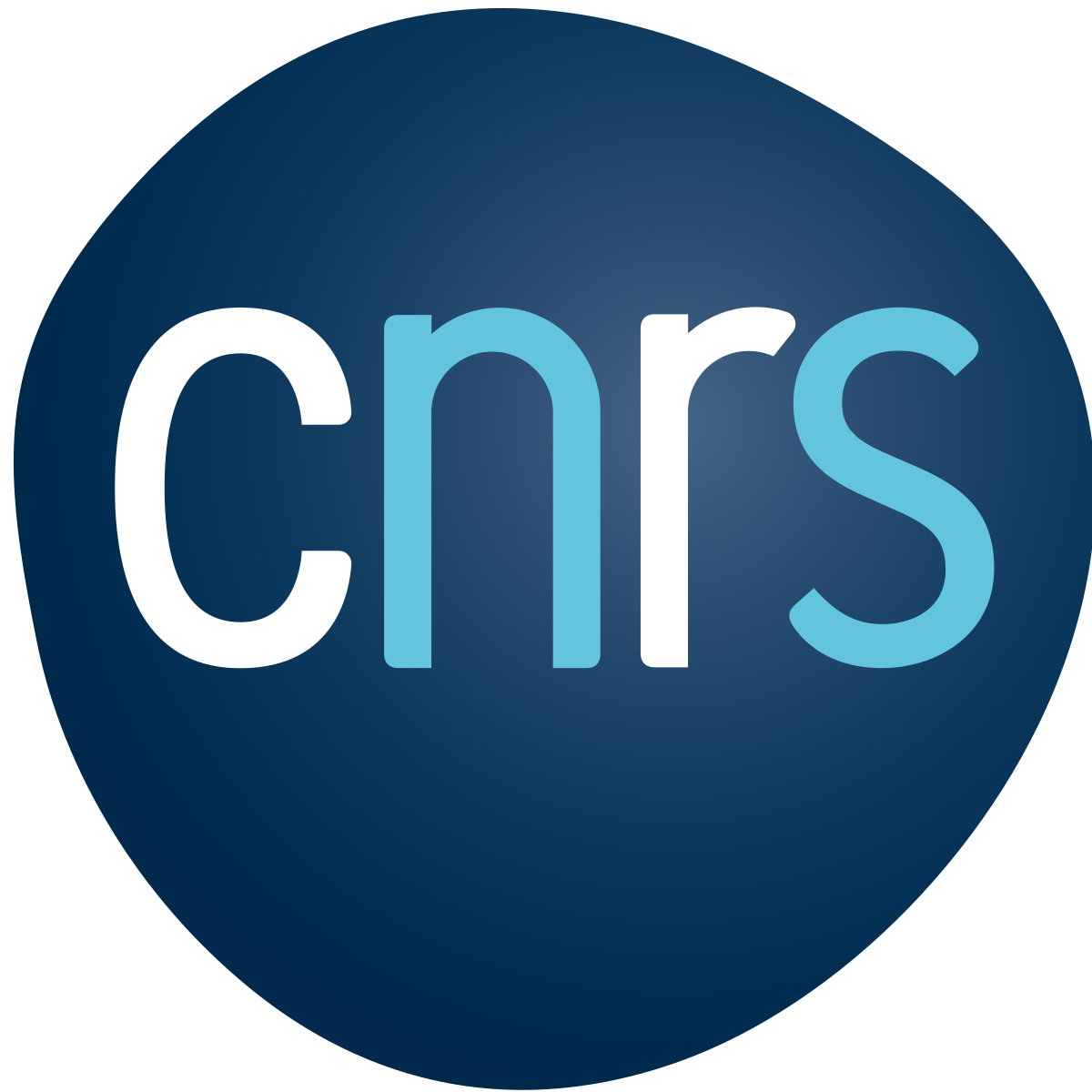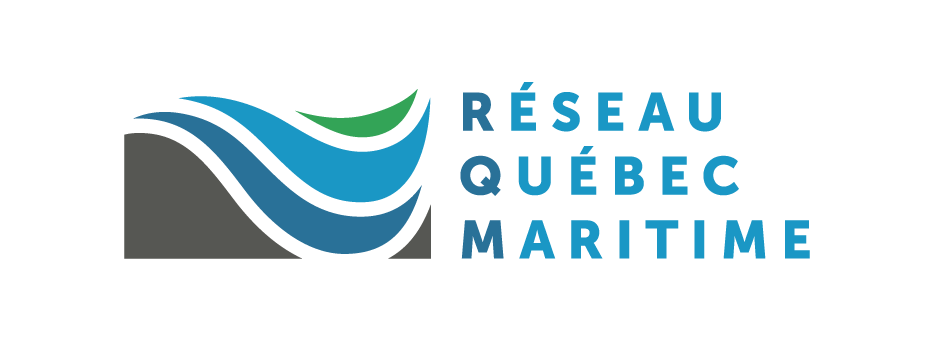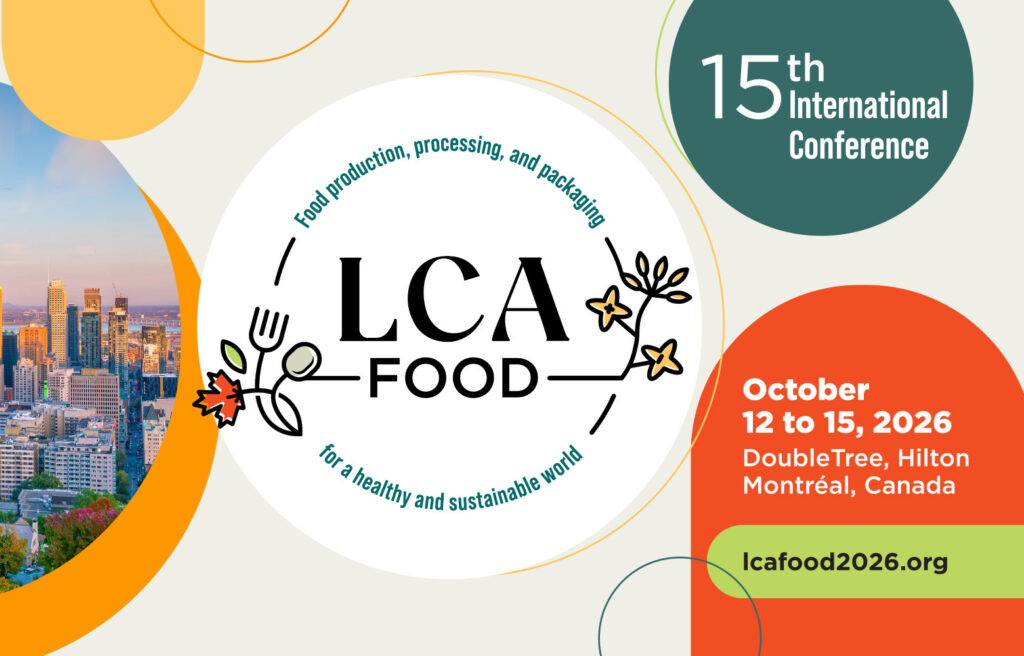Project
Cost to Coast (C2C)
Sustainable maritime and coastal management following an integrated approach combining the assessment of ecosystem services on a territorial scale under a life cycle perspective

The ecosystems formed by estuaries and coastal areas are essential for the maintenance and development of human activities by providing a mix of Ecosystem Services (ES). These ecosystems are under increasing anthropogenic pressures linked to the coexistence of multiple uses in limited spaces, with increasing urbanization, an increase in maritime transport, an overexploitation of aquatic resources, or the diversification of recreational and tourist activities.
The tools available to support and guide decision‐making for sustainable management of these territories do not allow the impacts of human activities on ES to be properly integrated, in particular those that offer an integrated, holistic and coherent perspective, such as the Life Cycle
Assessment (LCA).
The Cost to Coast project aims to fill these gaps and develop the missing
elements in order to be able to assess the sustainability of a coastal maritime development project at the territorial level, while avoiding the transfer of impacts, following a life cycle perspective. Cost to coast is organized around four interconnected research components, which will make it possible to:
1. create an integrated conceptual framework, based on a scientific state‐of‐the‐art, for the evaluation of ES, consistent with a territorial LCA perspective
2. develop a methodology to identify and assess the mix of ES, consistent with the biophysical properties of the coastal zones and the perceptions of
stakeholders
3. develop indicators for life cycle impact assessment to assess the resulting positive and negative impacts (integrated into the IMPACT World + method)
4. apply the methodology and indicators developed in two case studies, in close interaction with stakeholders in the field, i.e., the Thau Lagoon in France, around the Mediterranean, and the estuary of the St. Lawrence River in Quebec , with an emphasis on Lake Saint‐Pierre.
In collaboration with
Similar projects
We use cookies on our website to give you the most relevant experience by remembering your preferences and repeat visits. By clicking “Accept”, you consent to the use of ALL the cookies.
Manage consent
Privacy Overview
This website uses cookies to improve your experience while you navigate through the website. Out of these, the cookies that are categorized as necessary are stored on your browser as they are essential for the working of basic functionalities of the website. We also use third-party cookies that help us analyze and understand how you use this website. These cookies will be stored in your browser only with your consent. You also have the option to opt-out of these cookies. But opting out of some of these cookies may affect your browsing experience.
Necessary cookies are absolutely essential for the website to function properly. This category only includes cookies that ensures basic functionalities and security features of the website. These cookies do not store any personal information.
Any cookies that may not be particularly necessary for the website to function and is used specifically to collect user personal data via analytics, ads, other embedded contents are termed as non-necessary cookies. It is mandatory to procure user consent prior to running these cookies on your website.
Your subscription could not be saved. Please try again.
Your subscription has been successful.
